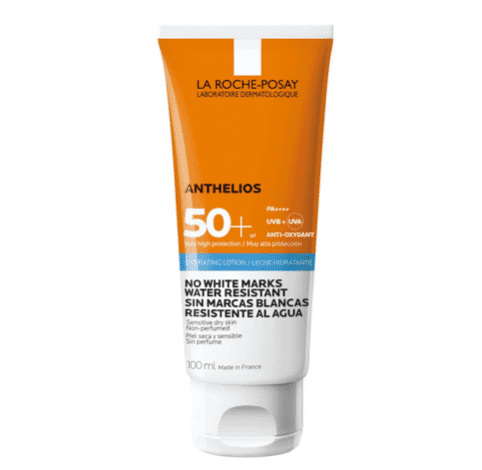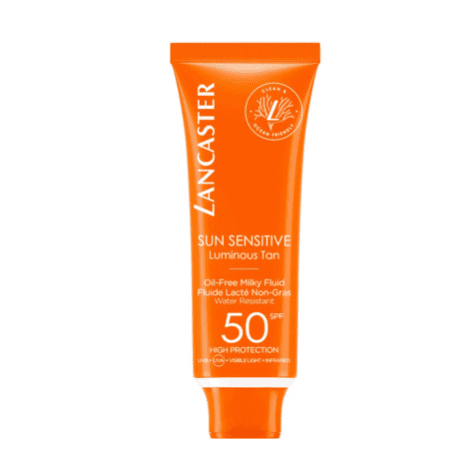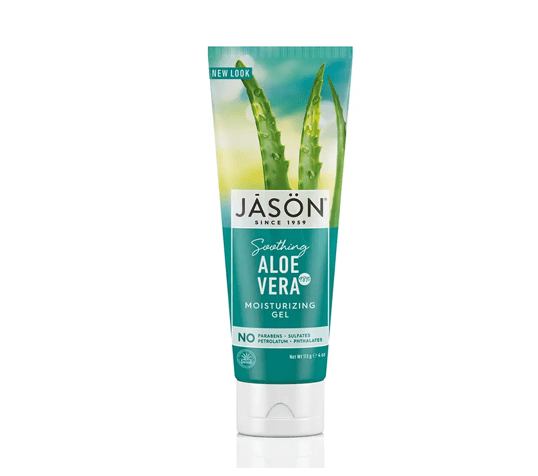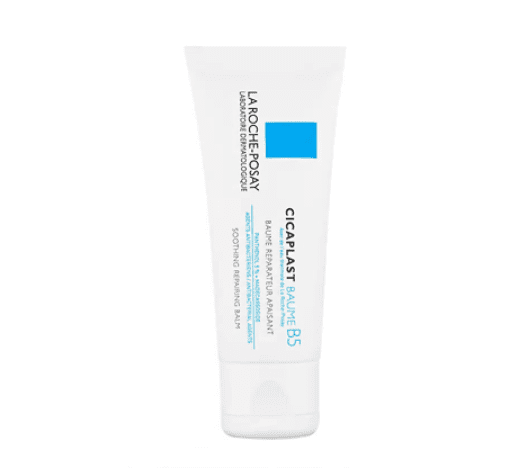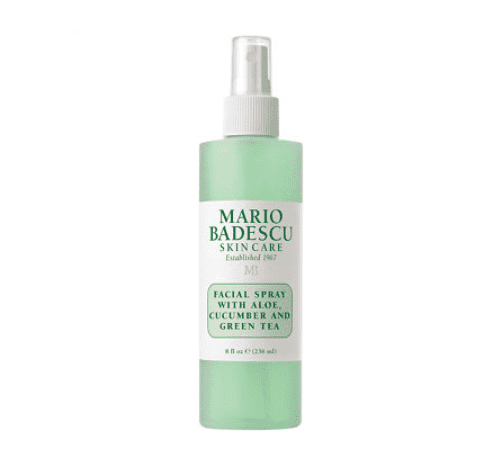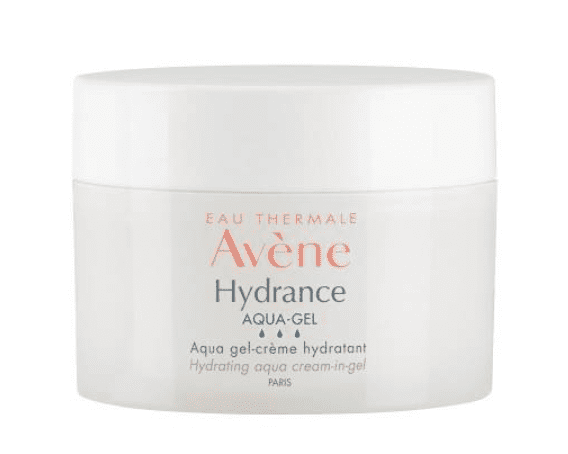What to expect from laser hair removal on dark skin
For a long time, the deeper your skin colour, the harder it was to get laser hair removal. Now, with improved tech and more in-the-know clinicians, the option is open to all.
The removal of anything is a big decision, even if it is body hair. Laser hair removal is not only a good option to explore for any body hair maintenance (yes, including your face) but also if you are susceptible to ingrown hair and razor bumps. “Ingrown hairs are hairs that grow under the skin and cause irritation in the skin such as swelling, inflammation and irritation. Removing hair reduces the underlying cause and in doing this reduces the occurrence of inflamed follicles,” notes Dr Ejikeme, Founder of Adonia Medical Clinic. A shame then that for years, the technology for laser and IPL (Intense Pulsed Light treatment) was exclusionary for Black skin tones. Due to the fact that many machines were unable to differentiate between dark hair and dark skin, rendering them ineffective (this is also the case with very light hair on very light skin). While IPL is still an issue for dark skin, laser has never been more affective, here is everything you need to know.
DO YOUR RESEARCH!
First things first, it’s important to do your research and find a clinic with a clinician that you trust. Not all clinics offering laser hair removal will be able to cater for Black skin for instance, that’s because for darker skin tones you need an ND-Yag laser, a speciality laser that is able to identify dark hair against dark skin. Looking into the practice beforehand and asking questions will ensure you pick a reputable clinic.
Take a look at our practitioners for laser hair removal clinics
WHAT IS LASER HAIR REMOVAL?
We’re sure if you’ve found this page you know what it is but as a little refresher, laser hair removal is done by using a machine emitting pulses of light energy to destroy hair follicles and stunt further growth. Popular areas to get laser hair removal are the legs, arms and around the bikini area but you can also laser stubborn facial hair too. People see it as a great option as it omits the need to constantly shave or wax these areas if you’re someone that chooses to remove our body hair. This is because the hair is killed at the follicle, unlike shaving which only cuts the hair off at the surface and waxing which does remove the hair from the follicle but allows new growth to eventually come through. A myth that is often perpetuated is that laser can lighten skin– not true. The device only targets the hair follicle so the skin around it isn’t affected with lightening or darkening.
IS LASER HAIR REMOVAL PERMANENT?
No. In most cases you will need to maintain your laser hair removal with top-up sessions as some hairs do eventually grow back, but every case is different. In the instances that hair does grow back it is usually a lot finer, lighter and less noticeable. A course of laser hair removal will be around 8-10 sessions and to keep things smooth you’ll need to have at least a couple of top-up sessions per year. “Laser hair removal is a semi-permanent form of hair reduction,” says Dr Ejikeme. “After 6-12 sessions around 60-80% of hair reduction will occur. However, hair may recur during pregnancies, menopause of large shifts in hormone levels.”
HOW SHOULD YOU PREPARE FOR LASER HAIR REMOVAL APPOINTMENTS?
You’ll need to attend the clinic for a patch test before your full appointment, usually a week before hand to test the energy needed for you and this is a good time for you to feel the sensation on a small inconspicuous area and see if you have any adverse reactions before you get the full treatment.
There are also a few things that are a no-no before you head into your laser appointment. “Ensure no other treatments are done on the area to be lasered such as waxing, facials or threading for 2 weeks before the laser,” advises Dr Ejikeme. These treatments that interfere with the skin barrier can lead to further trauma when met with the heat of the laser machine. The same goes for using products with BHAs and AHAs if you are having laser hair removal on your face, as these actives that work on and below the skin barrier so Dr Ejikeme advises to leave these out of your skincare routine for 7 days before your laser if you are having it on your face.
Because the laser essentially burns the hair from the follicle, you need to shave the area the day before your appointment. Your clinician will let you know if you missed any bits and will have a disposable razor to get them, but you want to be as smooth as possible for a seamless appointment.
DOES LASER HAIR REMOVAL HURT?
This is very dependent on the individual. For some, while not comfortable it isn’t painful. While for others it causes a lot of discomfort. The pain level is also dependent on the area you’re having treated. Legs and arms are usually a lot less likely to cause discomfort when compared to bikini area and underarms.
Something that helps is a topical numbing cream applied to the area prior to your treatment to reduce the discomfort level if you know you have a low pain threshold, plus a painkiller pre-appointment. Most new laser machines now have a cool air function to dull the heat coming from the laser so you shouldn’t feel the warmth but applying aloe vera gel to the area after will feel nice and cooling.
WHAT SHOULD I DO AFTER LASER HAIR REMOVAL?
Enjoy your hairlessness! No, just kidding, there are a few things to note post-appointment. You should avoid any exercise or hot baths and showers for around 48 hours to keep skin temperature regulated. You also need to keep out of the sun (and load up on SPF when you’re outside), not just because of the heat but to avoid darkening the area you are lasering as it can result in hyperpigmentation. Looser clothes are also recommended to prevent rubbing, something that can induce unnecessary pain after your treatment.
Your Post-Laser Kitbag
La Roche-Posay Anthelios SPF 50+
This is a great no-white-cast SPF for the body. If you’re heading out on a sunny day with your body exposed between appointments, SPF is so important so you don’t get a tan as this could lead to your clinician having to adjust the laser level used on you.
Lancaster Sun Sensitive SPF 50
And the above applies for face SPF. This one from Lancaster works for sensitive skin and is oil-free so sits well under makeup– no excuses to skip SPF.
This aloe vera can be used all over the face and body to soothe skin that might be feeling a bit hot post-appointment. Normally the clinician will have aloe vera on site to allow to apply but you can bring this along just in case.
La Roche-Posay Cicaplast Baum B5
If you want to avoid fragranced moisturiser after laser, this balm is rich and protective and can be used on your face and body– anywhere you need moisturise but your skin is sensitised.
Mario Badescu Facial Spray with Aloe, Cucumber and Green Tea
Your skin tends to feel warm after laser appointments because of the energy used, so if you’ve had facial laser, this spray is excellent for spritzing a few hours later to refresh thanks to the aloe, green tea and cucumber infused in the formula
This is the perfect moisturiser for light layers of hydration. When you have laser you have to clear any product off of your skin so when you have it on your face, afterwards it can feel dry and tight. This formula is light yet perfect for thirsty skin and doesn’t irritate.
This post features several affiliate links, meaning Black Skin Directory will earn a small commission if you purchase through these links. For further information, see our Terms & Conditions.


